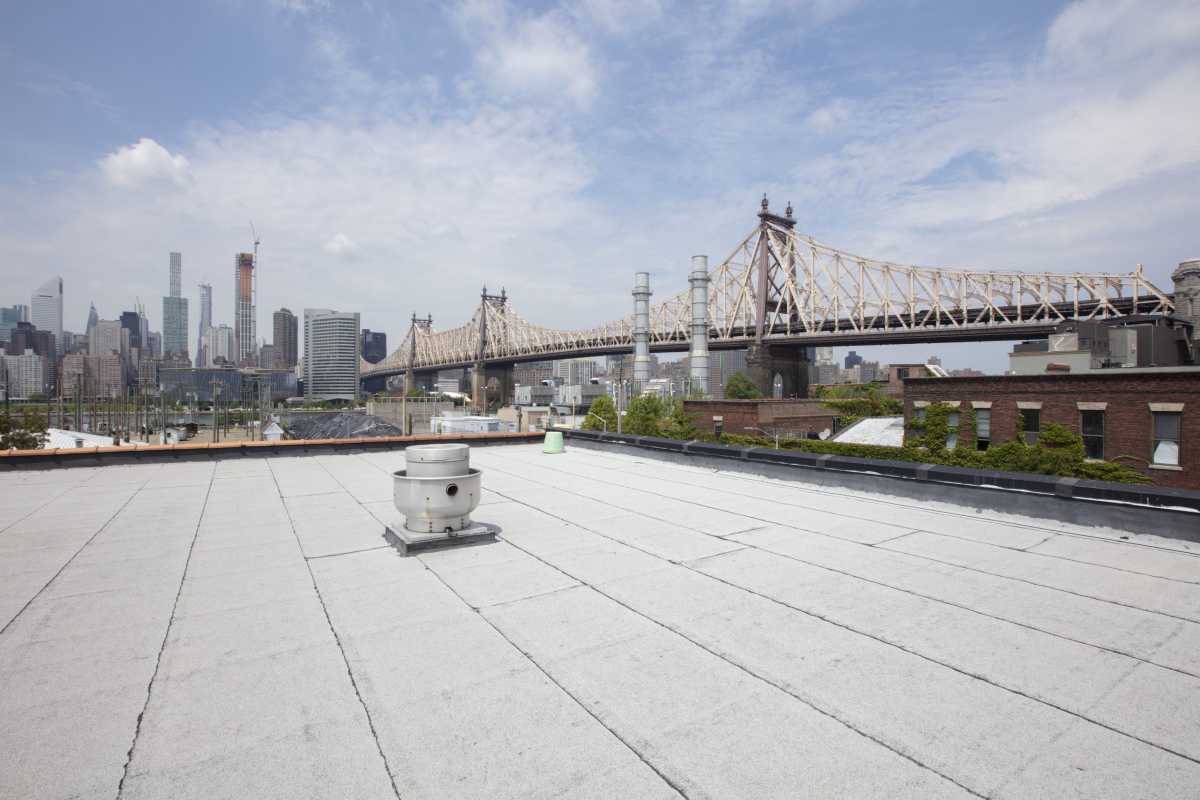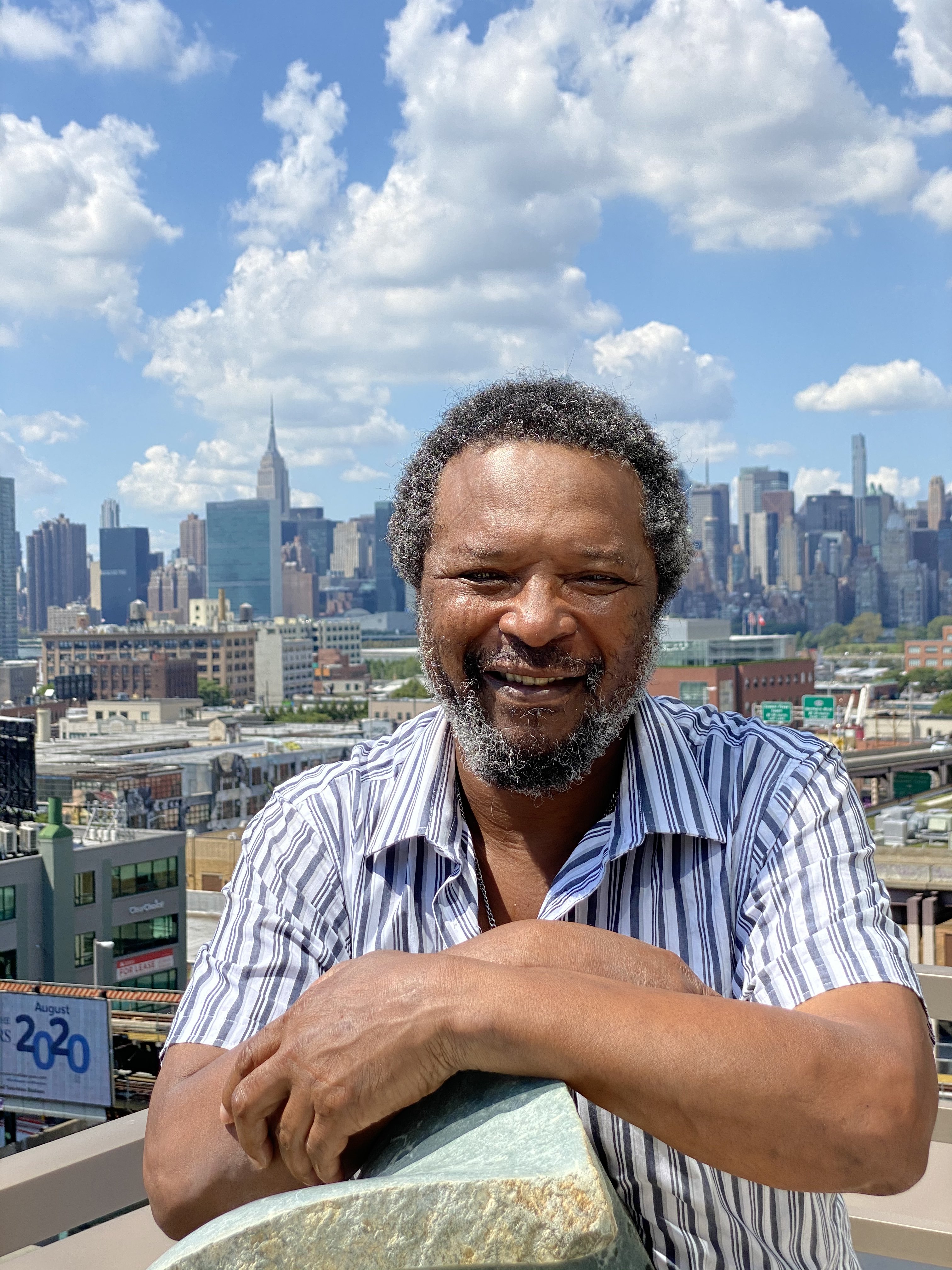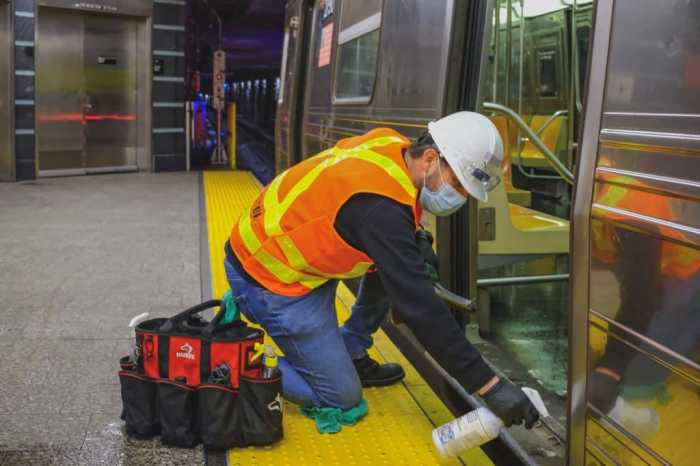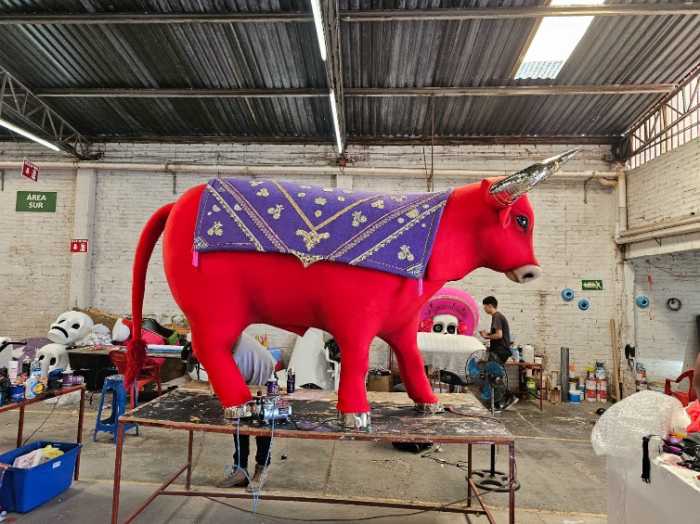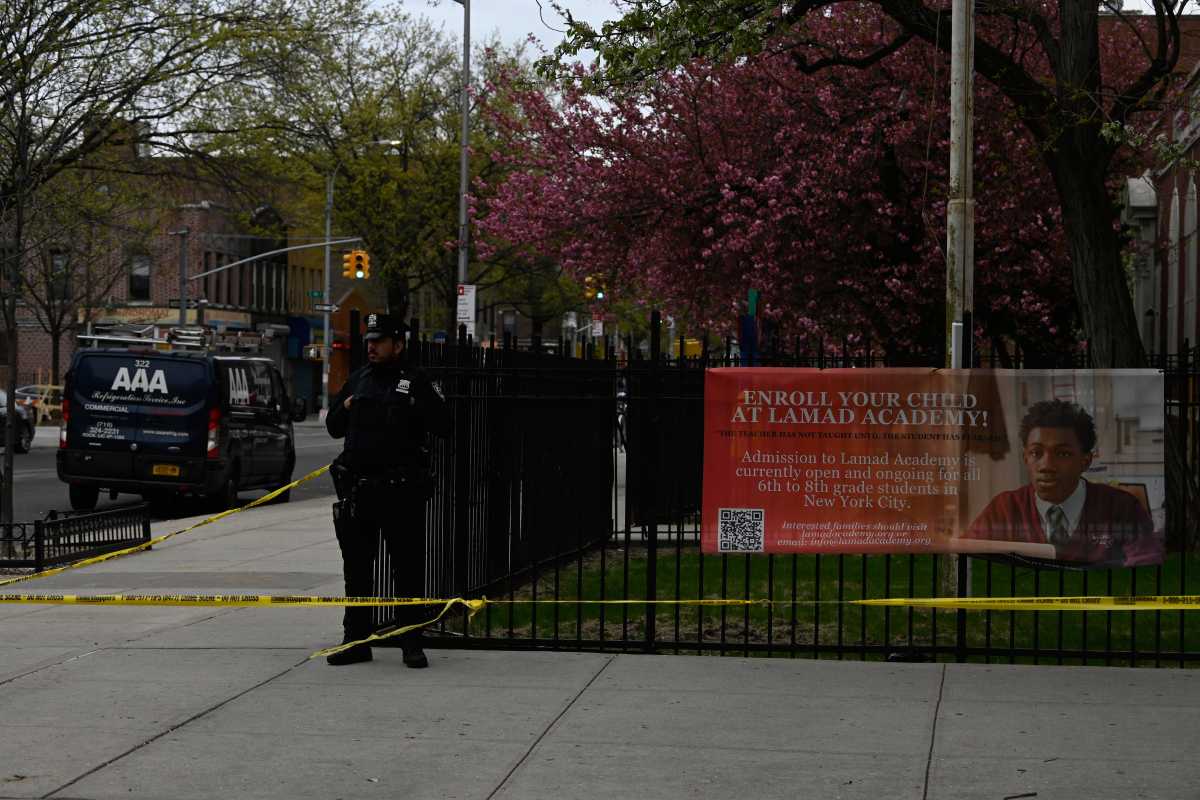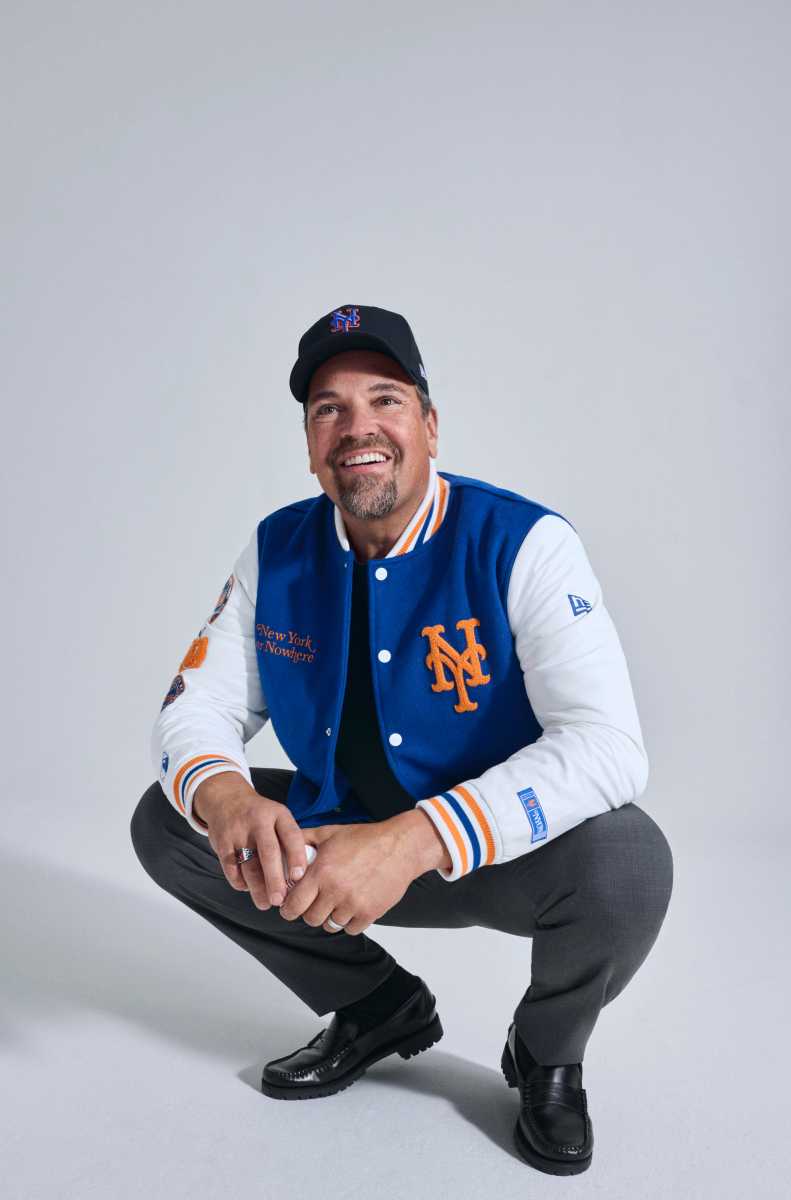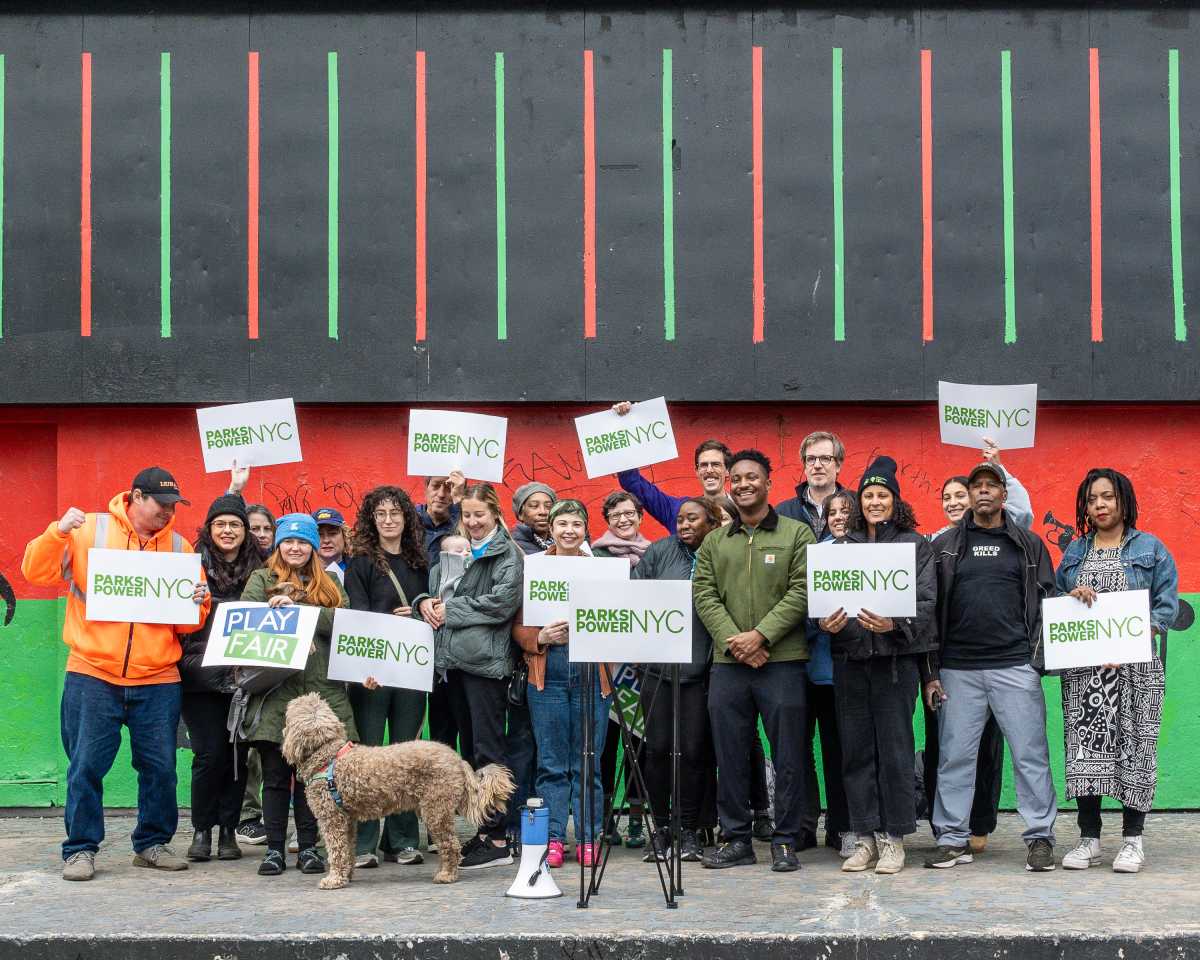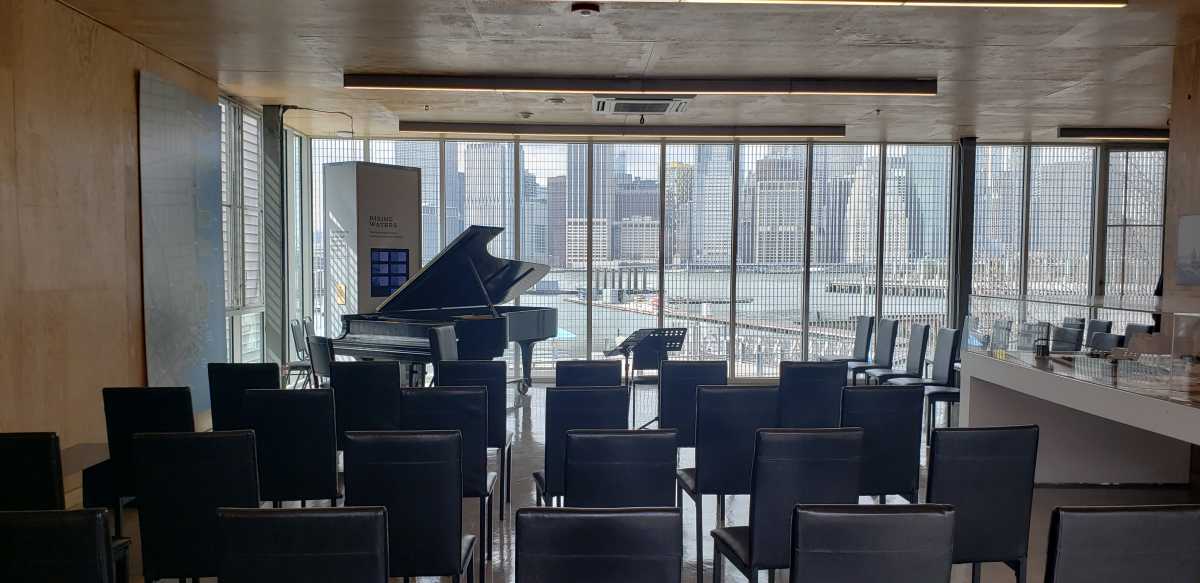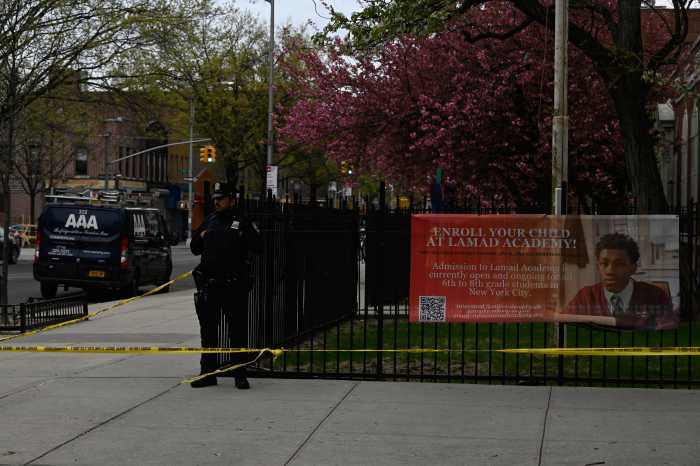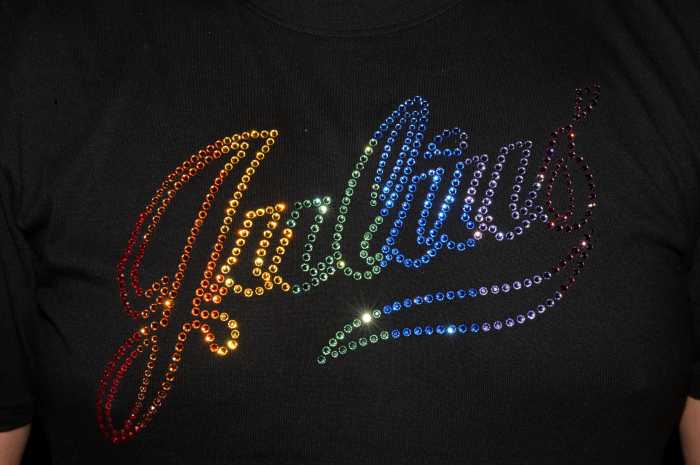A longtime celebrity photographer who worked with Muhammad Ali and Miles Davis in the ’70s and ’80s and hip-hop stars like Mary J. Blige, Jay Z, and a Tribe Called Quest in the ’80s and ’90s, parlayed his personal fortune into opening Brooklyn Studios, one of the few minority-owned film and video sound stages in the shadows of the Queensboro Bridge in Long Island City.
Now, his three-building complex, just off Vernon Boulevard, is in danger of closing due to the financial impact of the COVID-19 pandemic.
Joseph Grant began his second career with a small photo studio in Hell’s Kitchen in the 1980s before opening his New Era Studio in Soho in the 1990s. In 2006, he opened his first Brooklyn Studios on Meserole Avenue in Greenpoint, Brooklyn, before looking north to the growing film industry neighborhood in Long Island City.
Upon finding a 10,000-square-foot warehouse a block from the East River, Grant transformed a greasy garage into a showcase studio investing in a new roof, soundproofing, bathrooms, production offices and an HVAC system. As Grant was working toward getting the property up to code, he was doing everything necessary to qualify for New York’s “Made in New York” tax incentive program to make a business like Brooklyn Studios attractive to potential clients, given the benefits and tax credits associated with it.
“I took on two other properties and invested more than a million and a half dollars into the complex even though they were rental buildings,” Grant said.
By February 2020, as Grant was wrapping up the renovations, Brooklyn Studios had clients “chomping at the bit” to rent out the studio space. Netflix expressed serious interest in renting out all three buildings for the production of the popular series “Russian Doll” to the point of sending Brooklyn Studios a contract for Grant’s lawyers to review on March 11.
“But then President Trump declared the coronavirus emergency and everything shut down,” Grant said. “The following day, March 12, Netflix halted all productions.”
While Grant has managed to keep Brooklyn Studios “running” these past few months, he is now faced with hard facts.
“If work doesn’t pick up quickly, if I can’t take on larger productions, I may be forced to close my doors,” Grant said.
At 67 years of age, it’s a hard reality to face. Had COVID-19 not struck, Grant would have had a major success story: a successful film studio, a minority-owned business, created by a self-made African-American man. Instead, he sits atop a once-successful business that is on the brink of collapse, due to the coronavirus emergency.
“I look around and I see operations like Kaufman Astoria Studios and Steiner down in Brooklyn getting millions from the state, but all I’ve been able to get was $150,000 in federal funds through the Paycheck Protection Program and the EIDL loan which helped get Brooklyn Studios through the first few months of the shutdown,” Grant said. “When that money ran out, we went back to the federal Small Business Administration to see if we could get more money, but instead we received a form email.”
The SBA email said, “At this time we are unable to offer a higher loan amount than what has been approved. During these unprecedented times and given our current funding levels we are not increasing previously approved loan amounts for the EIDL program. We had to make a difficult decision to limit loan amounts to ensure the program reaches as many small businesses as possible.”
As his 68th birthday draws near on Sept. 11, Grant realizes he has poured his heart, soul, and life savings into his version of the American Dream, but instead he is facing closure, debt, and possible bankruptcy.
“I have two people working the phones trying to help us find a way, but we’re getting no guidance from the government on what to do next to save the business,” Grant said. “I just don’t know what else I can do.”
This article first appeared on QNS.com



